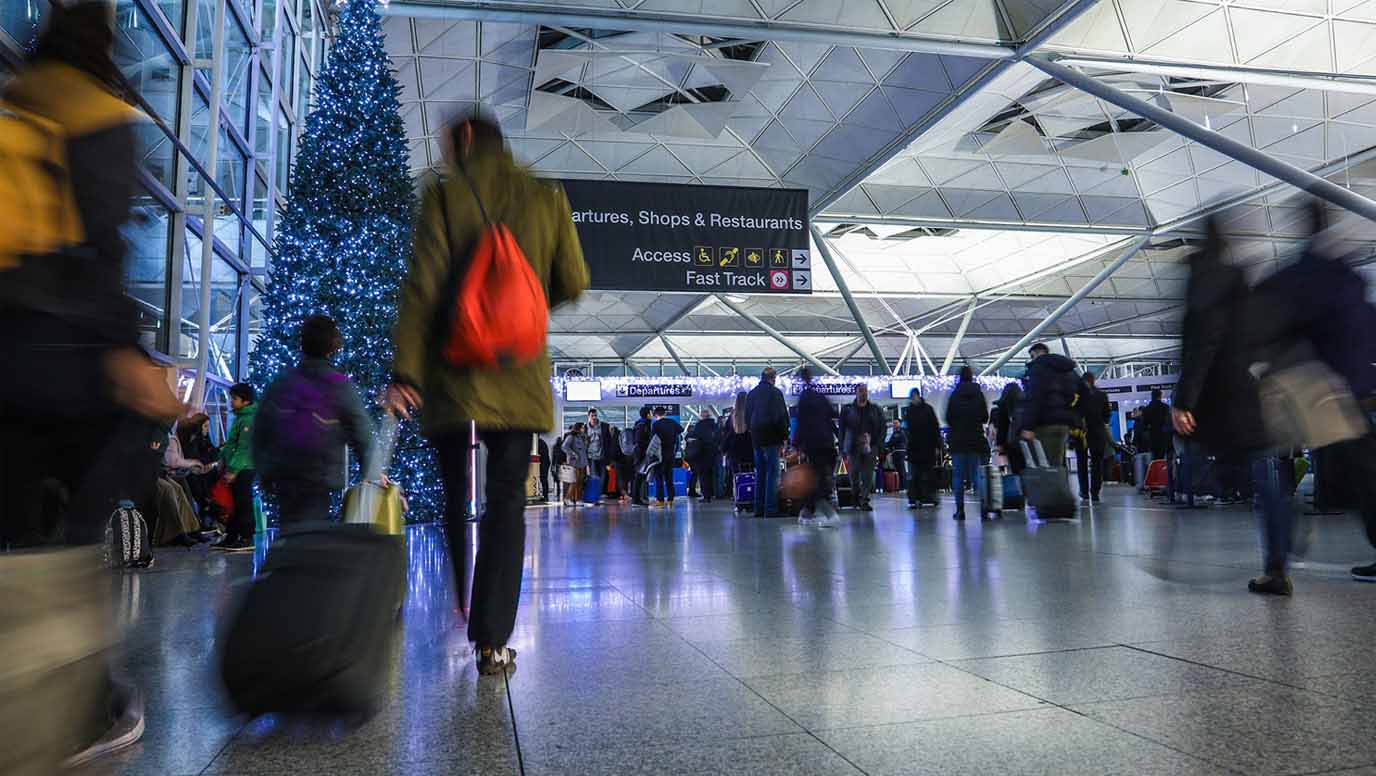Electronic Travel Authorisation: The facts

This is a digital travel permission for all visitors arriving in the UK who do not otherwise need visas to enter the UK (including those nationalities who are permitted to use e-gates at UK airports on arrival).
The ETA is part of the Government’s efforts to strengthen UK border security and travel through digitisation by 2025. It will be similar to other schemes such as the ESTA programme in the United States.
From 2024 onwards British nationals travelling to Europe for any reason (business or holiday) will also need to undertake an online security screening before travel.
Key points
- Non-visa nationals without any other UK immigration status will need to apply for an ETA before they travel.
- The application will take a few minutes and will be accessible via a Government-run app.
- Applicants will need to pay a fee of £10 for each application.
Once an ETA has been granted, it is valid for multiple uses within two years (or when your passport expires – whichever is earlier).
The scheme will initially open for Gulf Cooperation Council states and Jordan in the autumn of 2023, followed by countries worldwide throughout 2024.
Who will need to apply for an ETA?
UK visitors who are non-visa nationals, and do not have any other UK immigration status (such as a skilled worker visa or a spouse visa) must apply for an ETA.
Non-visa nationals are those visitors who currently can enter the UK without requiring any visa. The requirement is also in place for those who arrive crossing the land border into Northern Ireland.
British and Irish nationals will not require an ETA, and people who are legally a resident in Ireland but who are non-British nationals will also not require an ETA when travelling to the UK from within the common travel area (CTA).
However, if they are travelling to the UK from outside of the CTA, they will require an ETA. The CTA is an agreement which enables the free movement of citizens throughout the UK, Ireland and the Crown Dependencies.
As well as non-visa nationals visiting from countries such as the United States and Australia, EU, EEA and Swiss nationals will also need to obtain ETAs before they visit the UK.
If individuals are intending to visit the UK for a stay of longer than six months, they will need to apply for a visa. The requirement is also in place for all travellers who are transiting through UK ports.
How to apply for an ETA
The application process should be straightforward and can be completed online or via an app to scan biometric information. Individuals will have to add various details to complete the form including passport and contact details, a valid photo and answers to a brief set of security questions, before paying the fee of £10 to complete the application. Once completed, a decision should be made within three working days unless further checks are required.
When you can apply
Qatari nationals will need to apply for an ETA from 25 October 2023. From 1 February 2024, the following countries’ nationals will need to also apply: Bahrain, Jordan, Kuwait, Oman, United Arab Emirates and Saudi Arabia. The ETA will become mandatory for all other non-visa nationals by the end of 2024, but no official dates have been released for any other nationalities at this time.
What does this mean for business?
For businesses that receive visitors to the UK – it will be important to help brief staff and visitors of the new requirements in good time to register successfully prior to travel.
If you work with global travel providers, make sure your company traveller profiles are updated with the appropriate details once registration has taken place.
It shouldn’t be necessary for companies to provide any supporting documentation to travellers and people they should be able to register independently.


